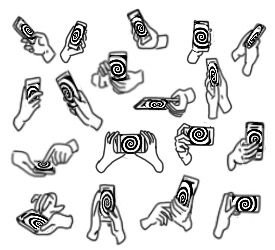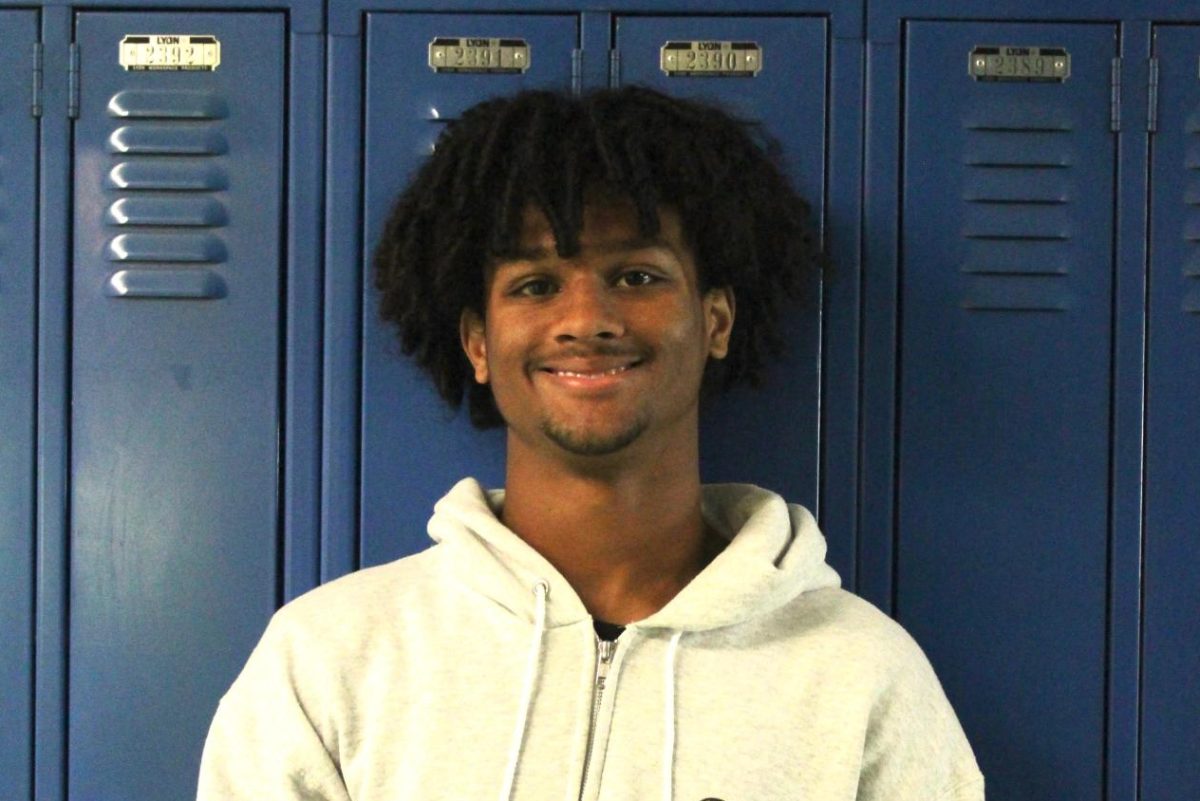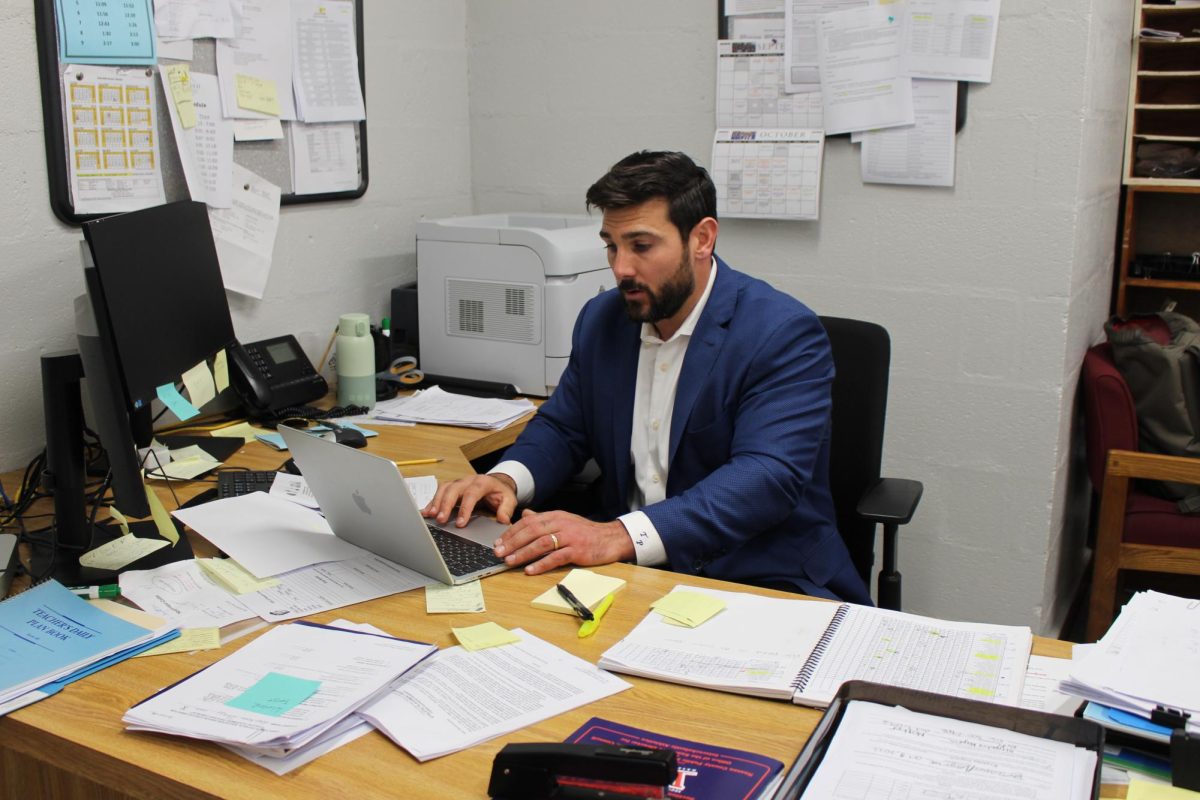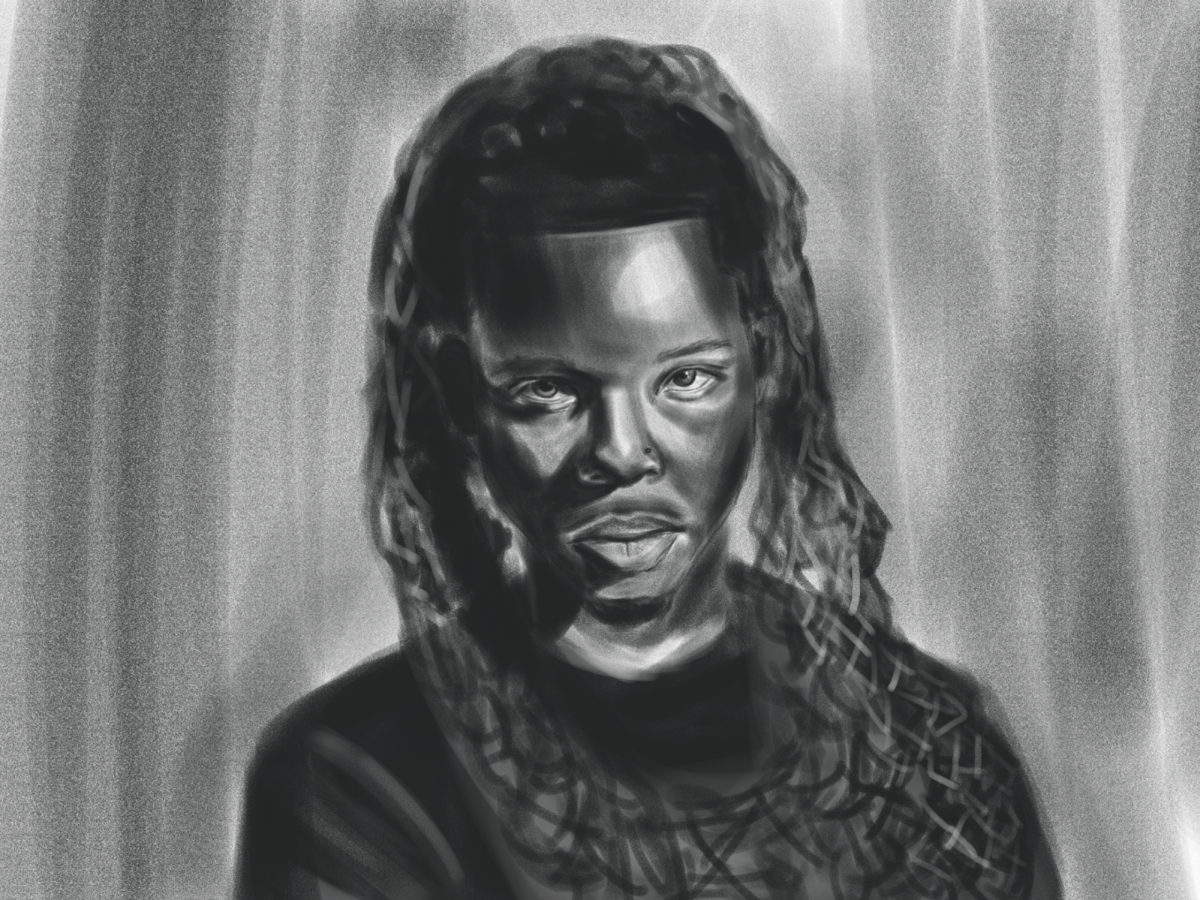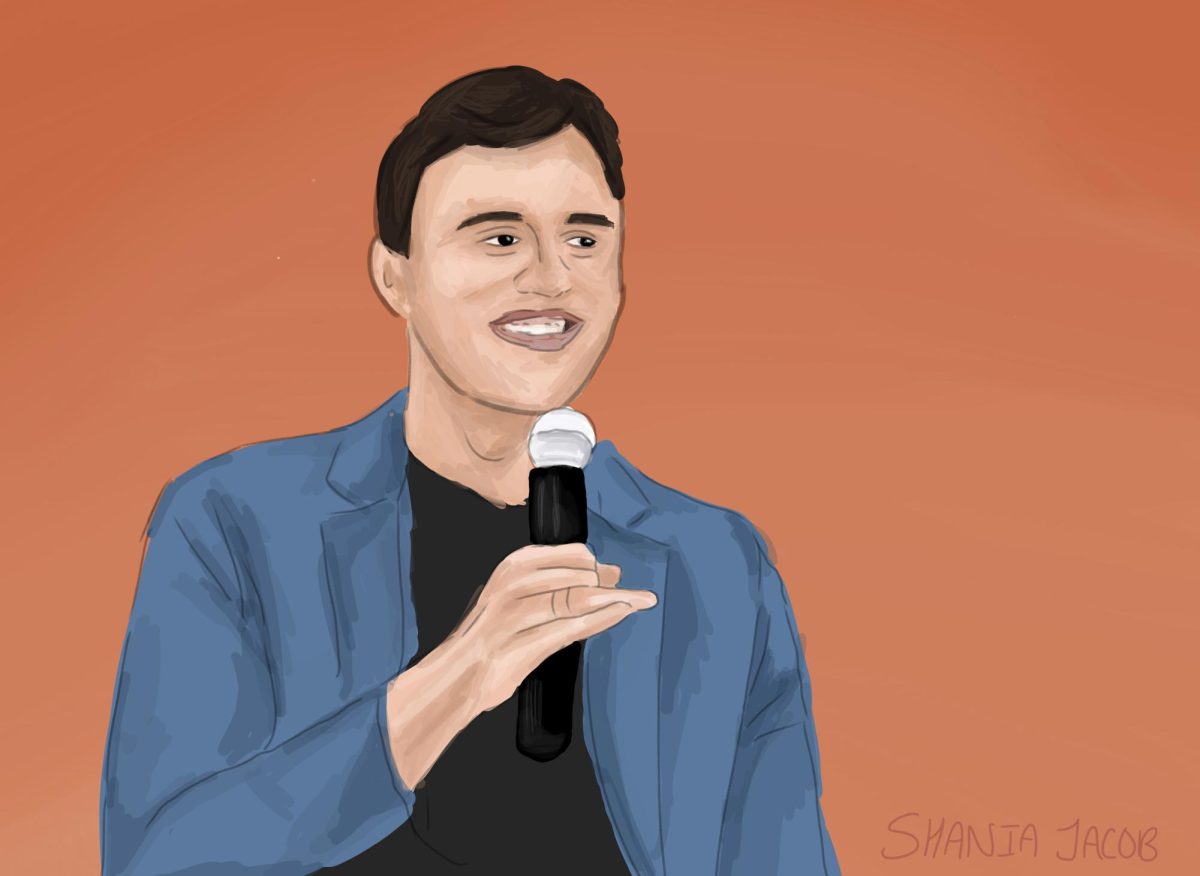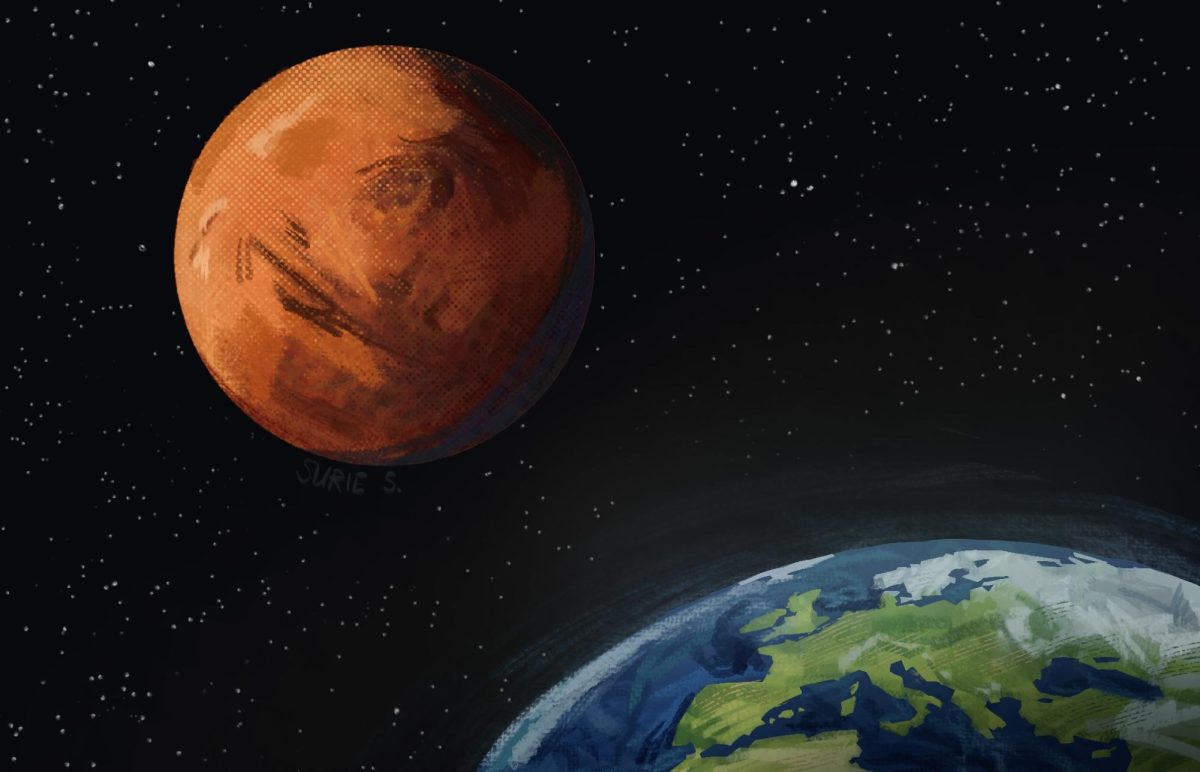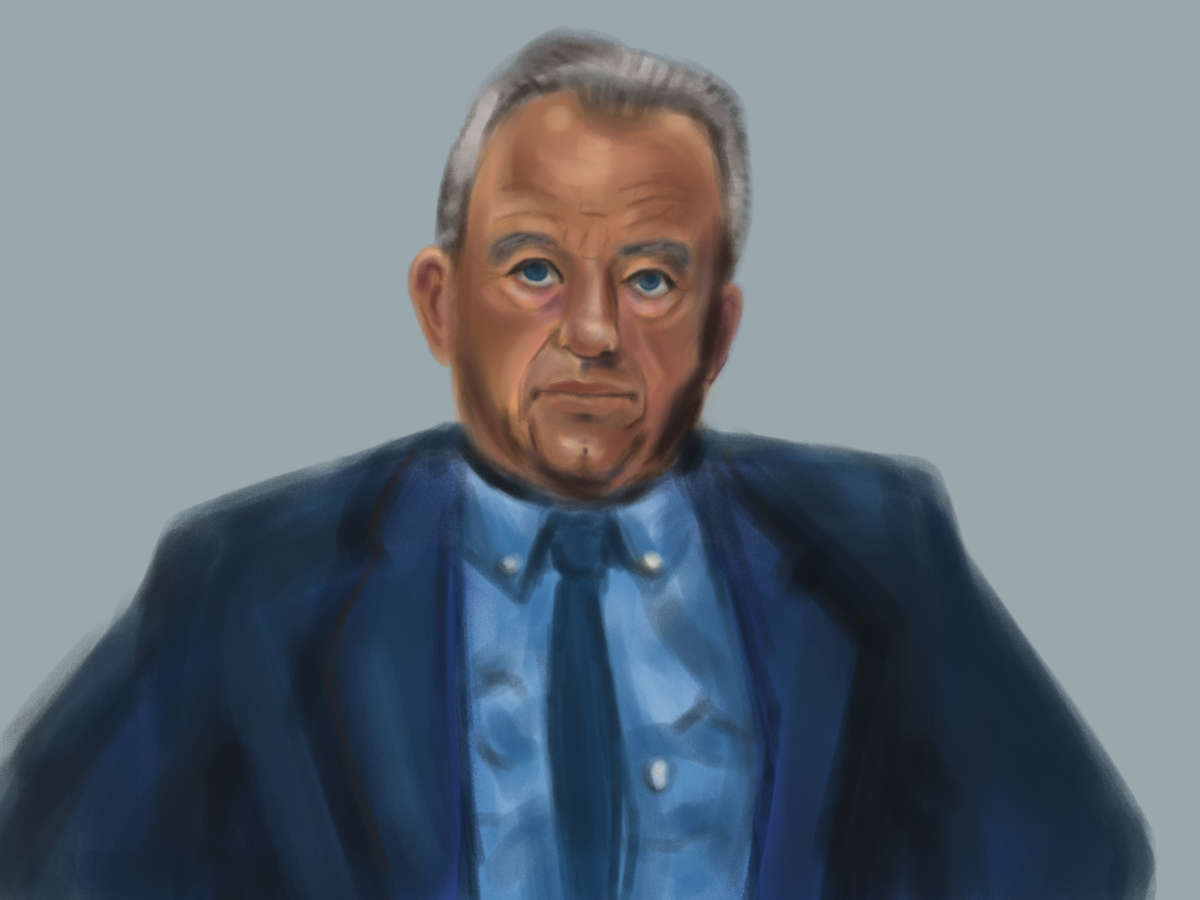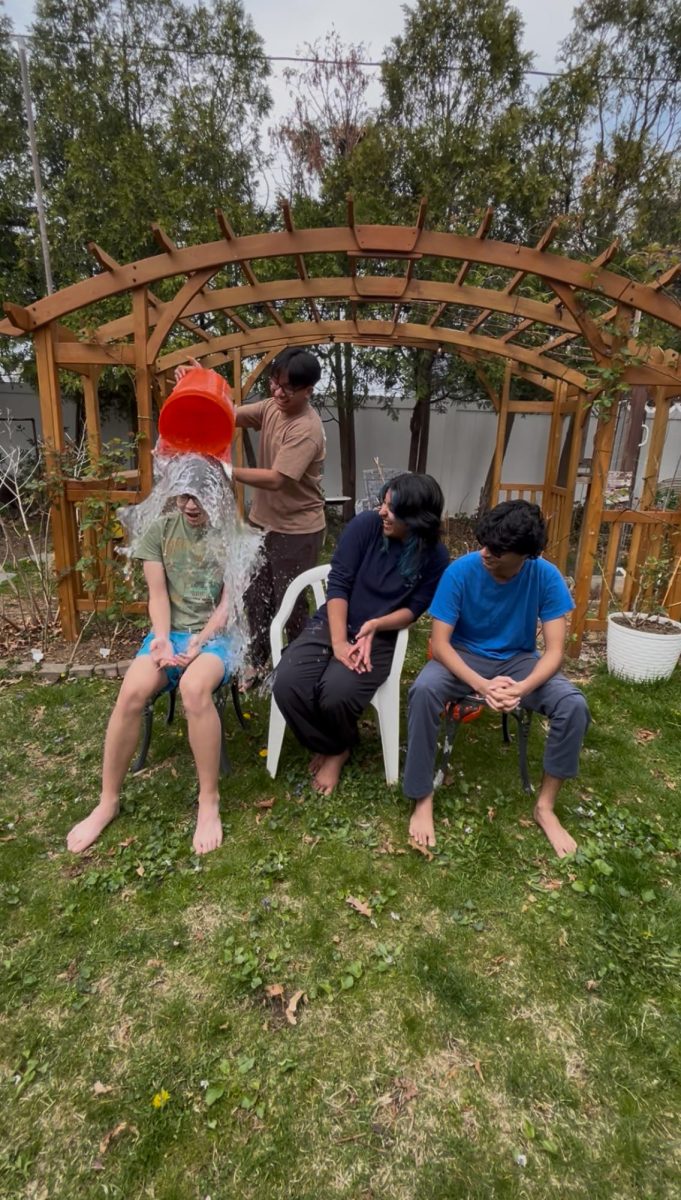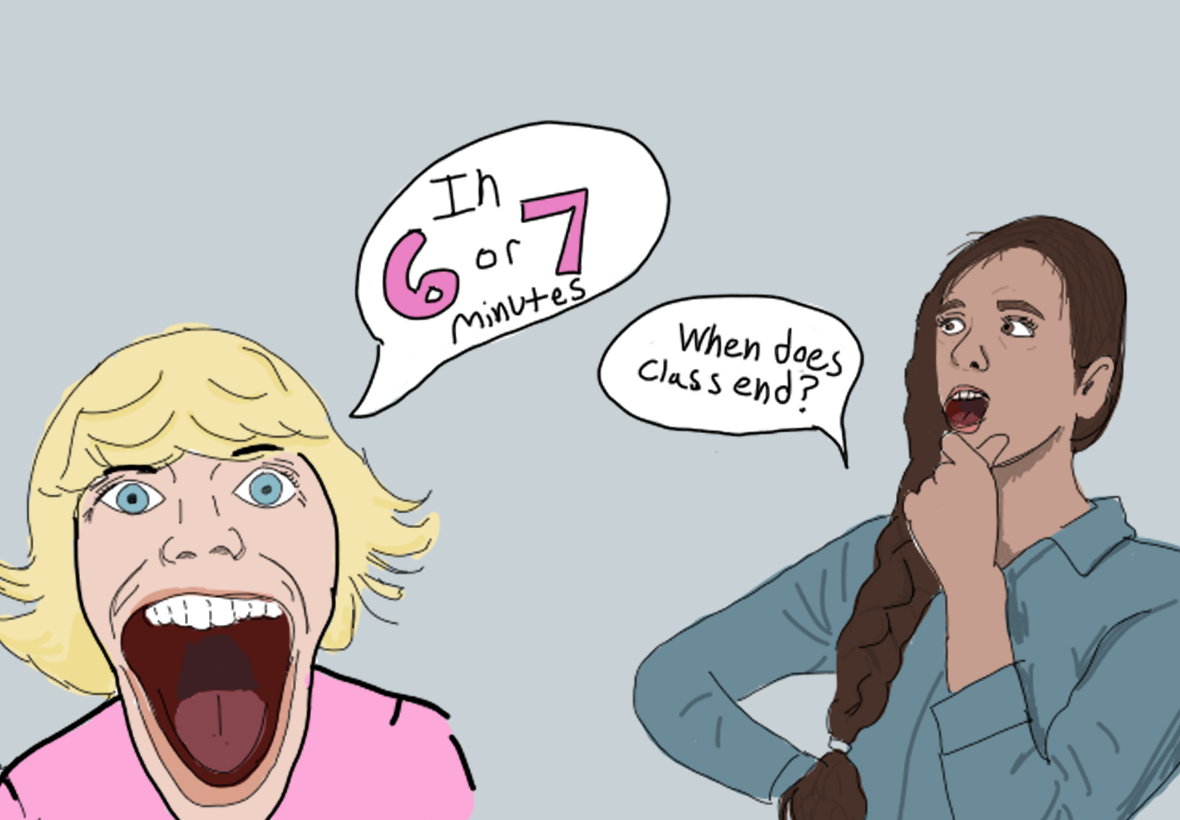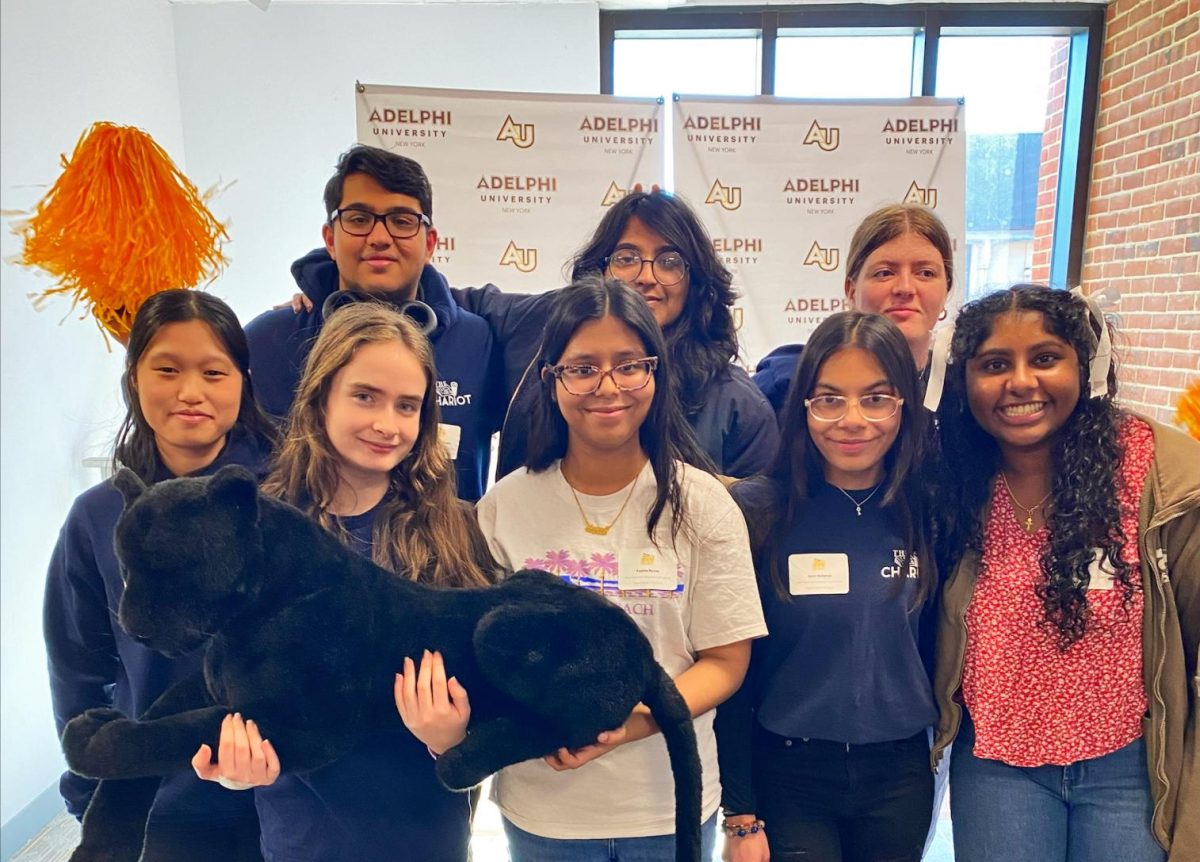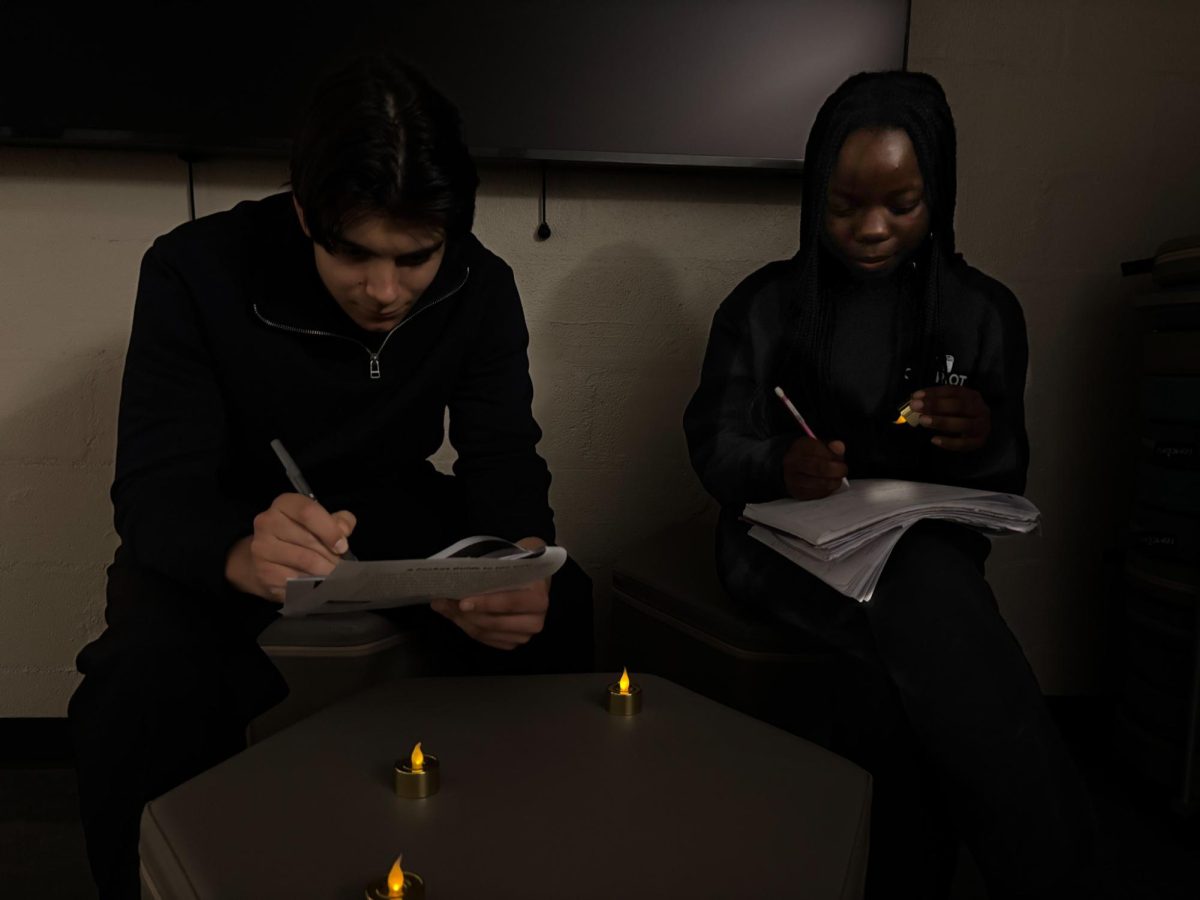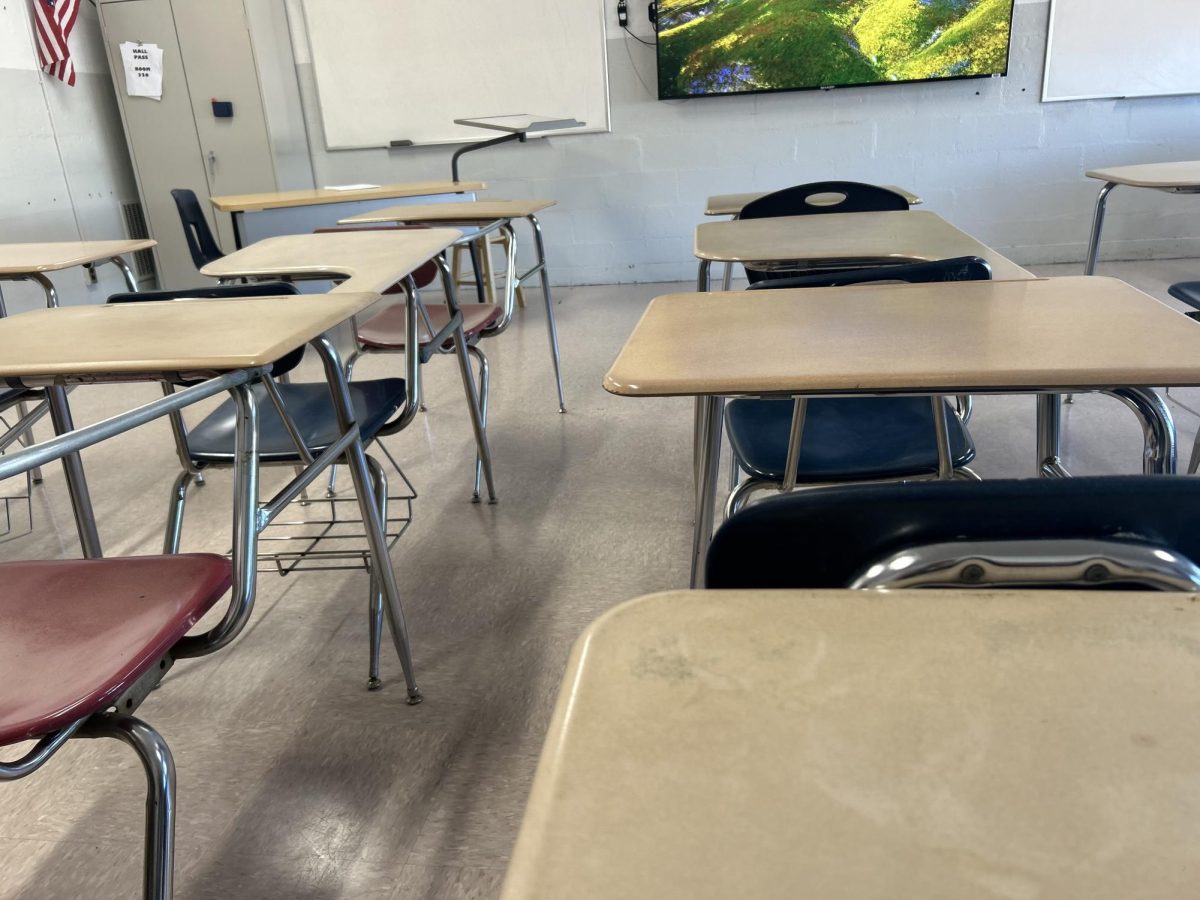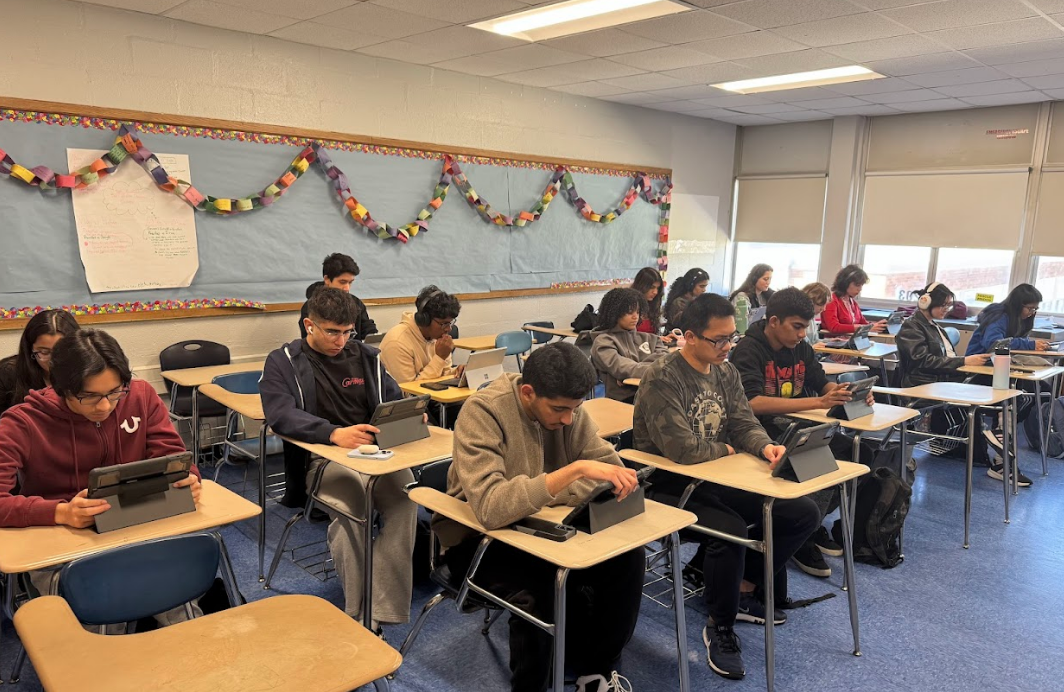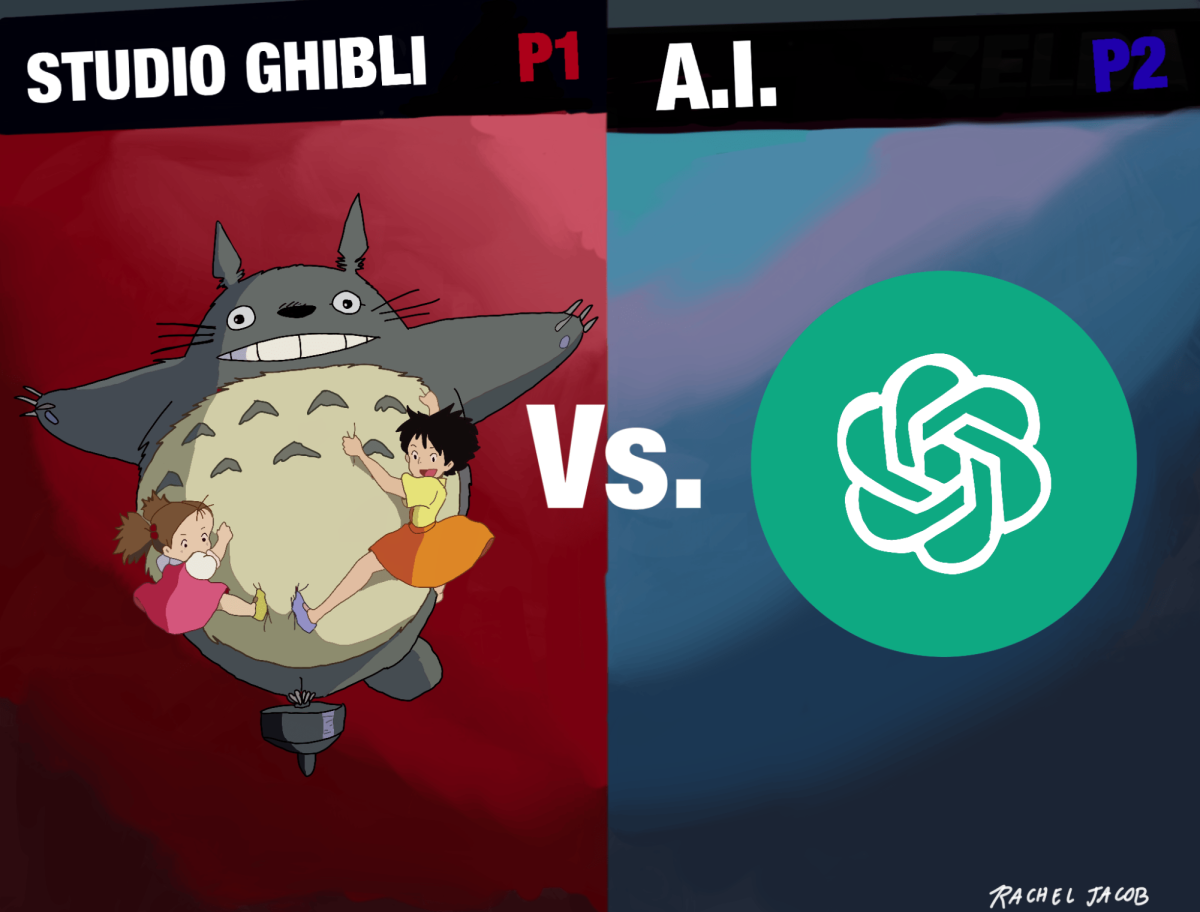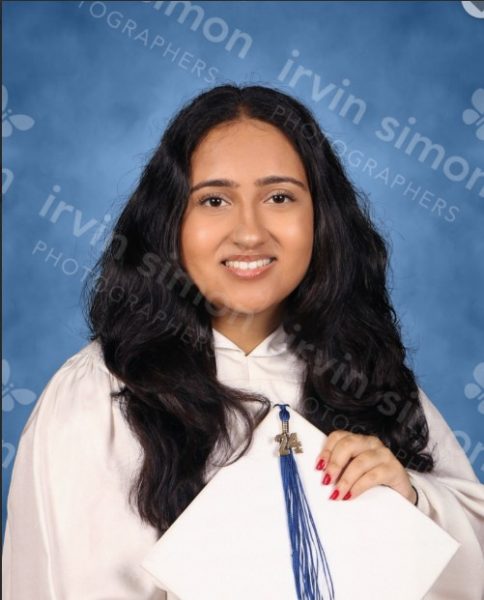On January 9, Gabriel Attal became France’s newest prime minister. His nomination made him the youngest elected prime minister not only in France, but in the entire world. In addition to this milestone, he also is the first openly gay French prime minister. He was appointed by France’s president, Emmanuel Macron, to replace France’s previous prime minister Elisabeth Borne. Borne had just resigned from her position after passing a controversial immigration law which made it easier to deport foreigners and limited access to French citizenship. In her resignation letter she stated that it was the wish of France’s president for her to resign.
Gabriel Attal’s political interest started after he saw a demonstration against Jean-Marie Le Pen in 2002. Following that, he joined France’s Socialist party in 2006. In 2012, at the age of just 23, Attal received his first political position as an advisor to France’s minister of health. He worked in this position for five years. Finally in 2017, he left the Socialist party to support the election of France’s current president, Emmanuel Macron. From that point on, he held various government positions, most famously as France’s education minister.
Prior to becoming prime minister, Attal had a 40% approval rating, the highest amongst any French minister. This is almost twice as much as Elisabeth Borne’s approval rate of 23% at the end of her ministry and France’s president’s whose approval rate was 27% by the end of his ministry. Attal has promised to focus on issues such as education and inflation.
Together Gabriel Attal, 34, and Emmanuel Macron, 46 are the youngest French prime minister and president duo in all of French history. Their ages total to 80, which is younger than the current president of the United States, Joe Biden, who is 82. Their leadership comes at a time in which political involvement within the youth is higher than ever. One study by Tufts University found that almost 20% of those aged 18-25 would consider taking political positions. In the 2022 midterms, the median age of new inductees in the House of Representatives decreased from 52.1 down to 46.3, following a trend of younger politicians. Students at NHP have varying opinions on the young prime minister, regarding both his age and his policies.
“Personally speaking, I’m glad to see the appointment of such a young prime minister,” senior Alvin Paul said. “Ever since de Gaulle founded the fifth republic, I’ve noticed there’s always existed a certain level of disconnect between the populace and the politicians on the issues of their day, such as in relation to Algeria, their relationship with the US & NATO, and their role to play in Europe as a whole. Seeing the appointment of a younger figure gives me hope that the old guard of French politics are starting to cede ground to the newer generation and that the government can be more attuned to the will of the people.”
“I think it’s important for younger generations to be involved in politics, like how we have seen in France,” sophomore Theadora Doukas said. “Although the president of France hasn’t changed, the fact that there is a new prime minister in office who is the youngest in French history will gain the attention of many young adults and possibly get them interested in politics.”
“While I do think it’s good that young people are able to obtain high positions in politics, which isn’t really happening in America, his anti-immigrant stances do concern me,” junior Daniel Zekthi said.



